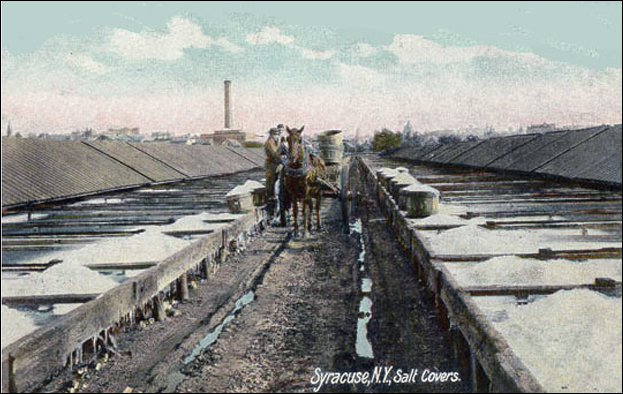RPCookin
Executive Chef
My wife just got home from 8 days visiting Long Island, Bahamas, the island we used to live on. She brought back 5 pounds of sea salt - the real deal. She raked and bagged it herself on the shore of one of the evaporation ponds in the settlement of Salt Pond. These are natural saline ponds that used to be regularly harvested for export many years ago, but now are mostly just raked by locals for sale in the island stores, for personal use, or to sell to tourists at the museum.
I have enough now to last for a good long time.
I have enough now to last for a good long time.


